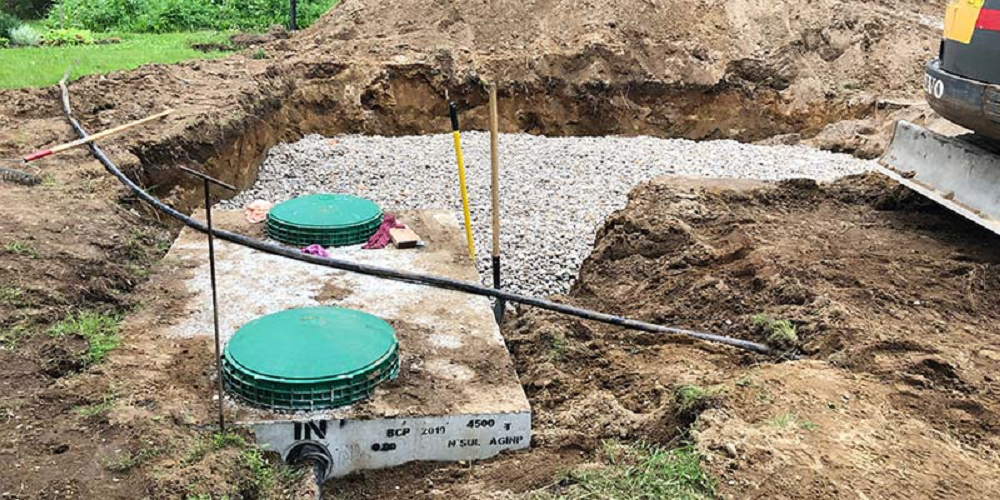Highlands East is pushing to address unresolved high-risk septic systems in its inspection program, but staff reported difficulties accomplishing that.
Septic inspector Arlene Quinn presented an update to council Aug. 11 on how many properties still need to be addressed. There are 187 outstanding high-risk properties, after staff previously resolved 88 found since the program began in 2017.
Quinn said the properties have a variety of circumstances. The pandemic has also slowed progress and prevented the municipality from hiring summer students to help this year.
“Each property of concern is unique, and each person’s situation is different, therefore making resolution, compliance and statistical information rather challenging,” Quinn said. “Our approach has been to address highest priorities first, regardless of what year inspection transpired.”
Quinn reported there are those facing financial hurdles to replacing septic systems and she has been unable to find financial assistance for non-primary residences. Others are also on waitlists for qualified septic installers, who have been busy with other inspection programs running in the County.
However, Quinn said many are refusing to acknowledge correspondence, often because they do not want to revert changes to their properties done without required building permits, such as adding bedrooms, which can make septic systems undersized.
“These are the properties that we have the hardest time getting into compliance and court orders may be necessary,” Quinn said.
Deputy mayor Cec Ryall said he has no issue with helping property owners who are willing to work with the municipality.
“It is definitely something that shows our municipality is not just out there trying to enforce a bylaw. We’re trying to be compassionate,” Ryall said. “We’re trying to do the job the best we can, but at the end of the day, we have to protect what needs to be protected.”
Ryall said the concern is more with those not working with Quinn.
“If we’re going to take litigation, let’s do it,” Ryall said. “Because at the end of the day, if we’re going to be crying wolf, then nothing is going to happen. I understand there are costs associated with anything we do. There are also costs associated with (doing) nothing.”
Ryall said the municipality needs to establish timelines for each of the cases, as well as how many are working and not working with staff.
“We need to come up with some timelines for closing off these various phases, otherwise this is going to drag on beyond my lifetime.”
Council voted to accept Quinn’s report as information.





